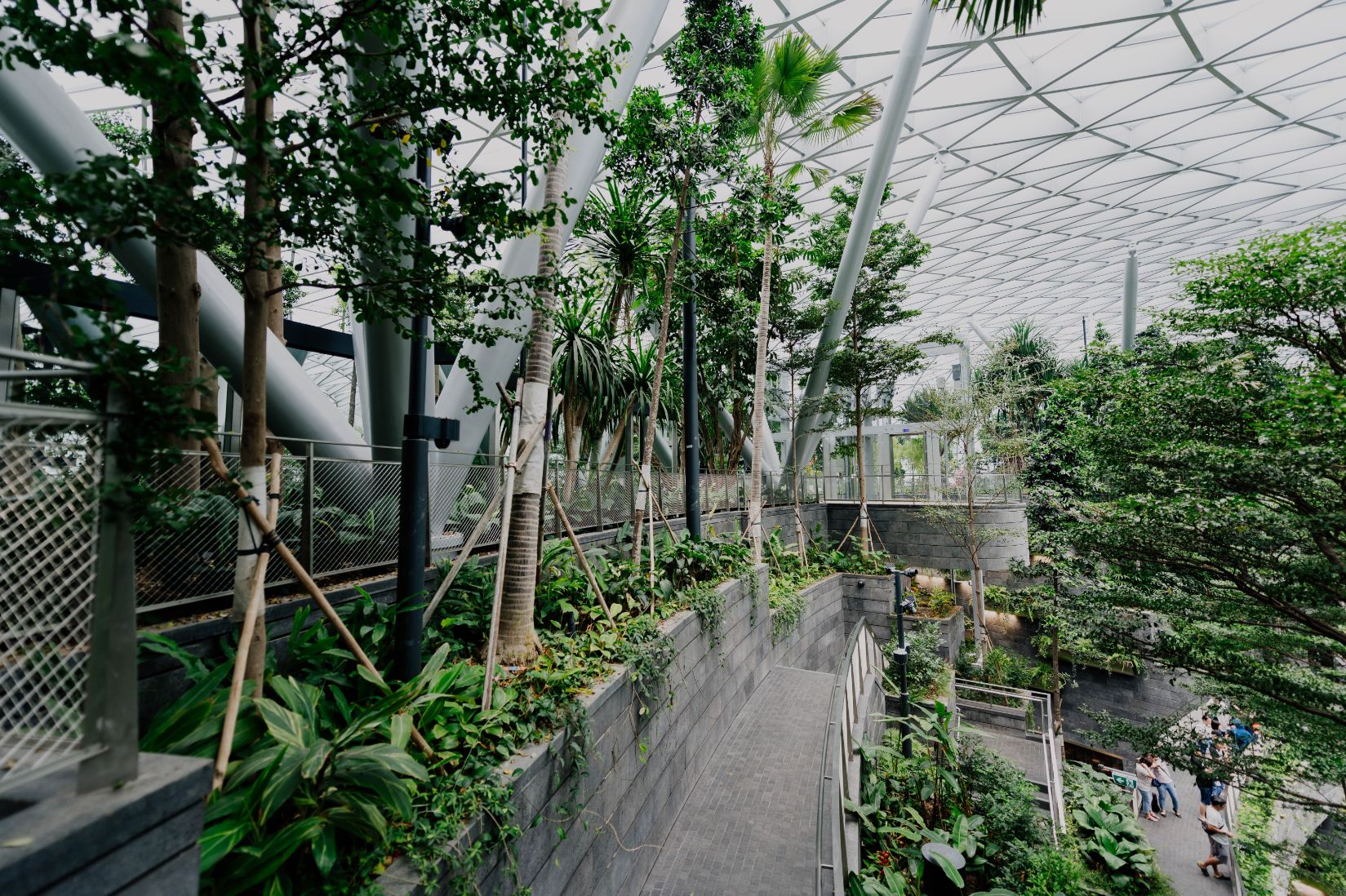Climate Change in Singapore: How to Live Green in a Rental Apartment
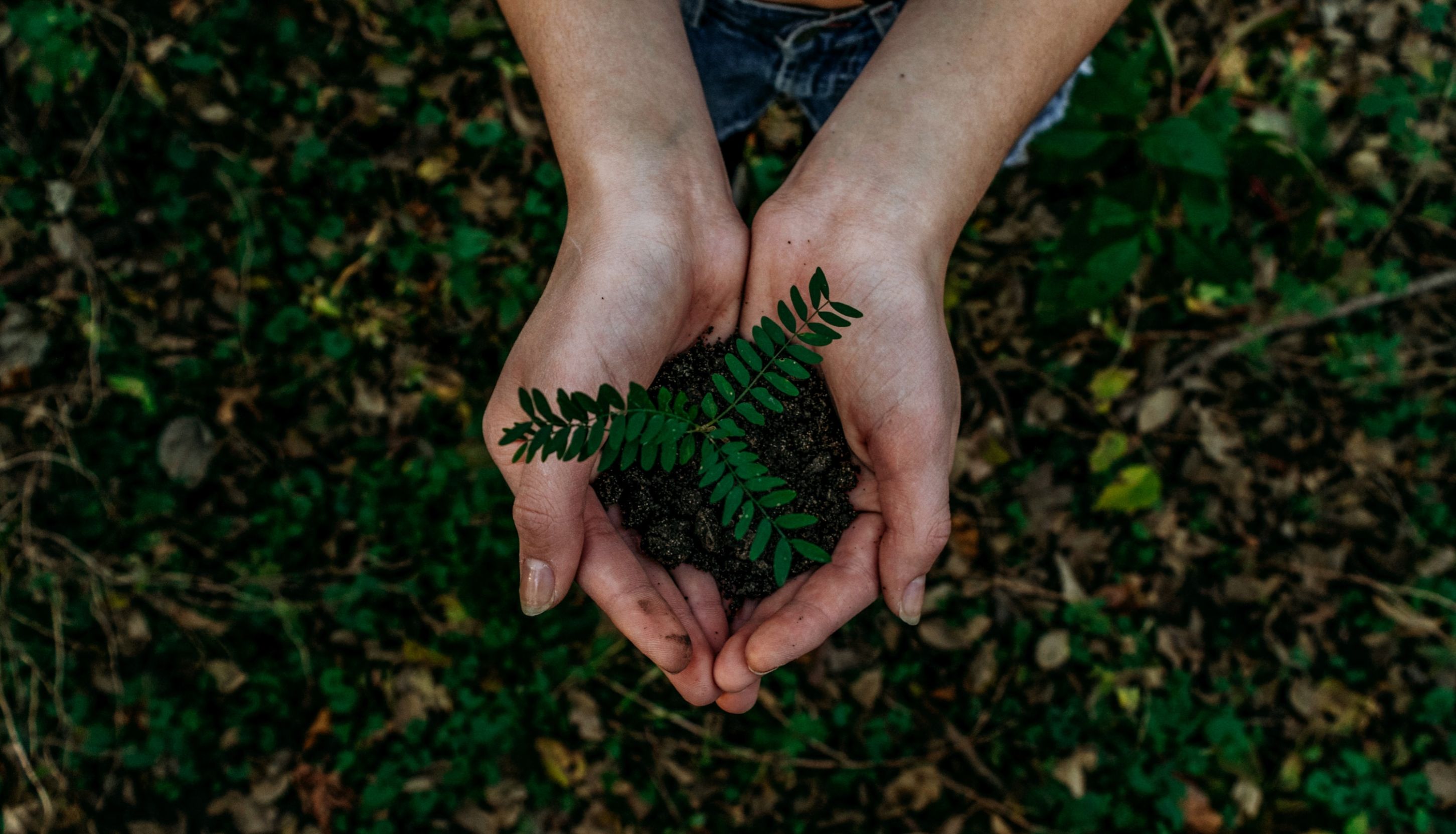
Druce is the Chief Editor at the Stacked Editorial. He was first interested in property since university but never had any aspiration to become an agent, so this is probably the next best thing.
After the National Day Rally 2019 speech, it is clear that climate change is one of the most important challenges facing Singapore. In short, as in island nation (not to mention, low lying), Singapore is extremely vulnerable to the effects of climate change, namely, rising sea levels. As a result, the Government is planning to spend S$100 billion or more in the next 100 years on solutions to protect the coastline from rising sea levels.
So, as locals living in Singapore what can we do to play our part in combating climate change?
By composting our own food waste.
By 2035, Singapore’s only landfill site will be completely full as initiatives such as the 3Rs, reduce, reuse and recycle are struggling to take hold. Composting our own food waste will go some way in helping the situation.
The environmental advantages of composting food waste are numerous and noteworthy. Food does not break down properly in landfills but instead emits methane gas, which is 25 times more powerful than carbon dioxide. Landfills are one of the biggest producers of methane, next only to agriculture and industry. Food waste in landfills also leaches toxic by-product into the soil which pollutes underground water.
Composting takes all that food waste and returns it to the earth, literally. When food waste and other organic matter, like wood chips and grass, is properly handled, microbes eat the material and turn it into fertilizer. It’s the circle of life!
A Compact Approach to Composting
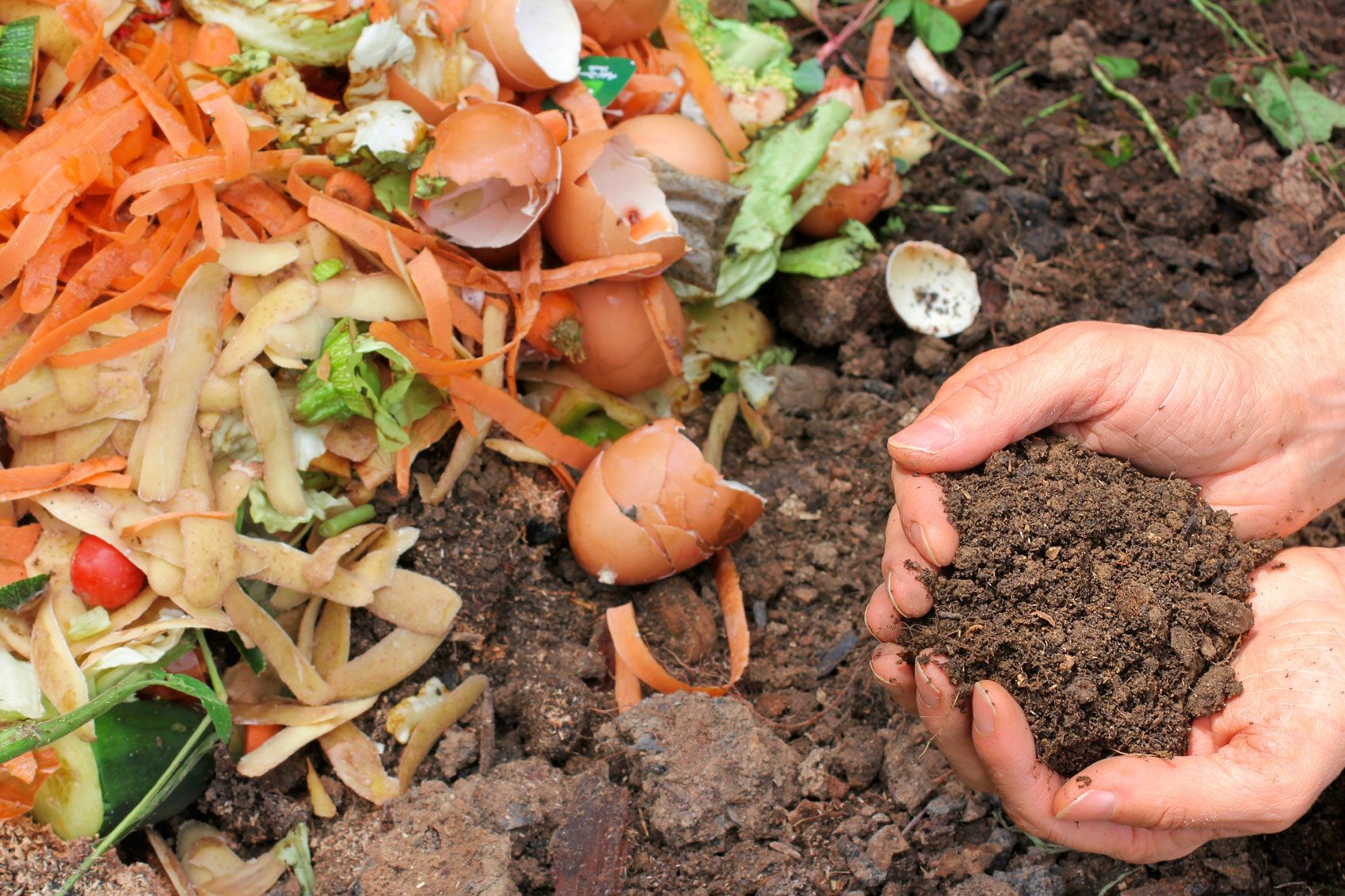
So here is what you can do if you are living in a condo: why not create your own composting bin on your balcony?
It’s not as hard as it sounds, and it’s quite satisfying, especially if you like gardening. It’s actually easier in a way to compost on a balcony than a garden, since it’s high up enough that there are no pesky pests around.
And don’t worry — it won’t smell as long as you don’t include animal byproducts like meat and cheese (eggs are okay).
How to Get Started with Climate Change
All you need to start is a container, air, water and a bit of soil or sand. Seriously! That’s it!
Just get a big bin (like a planter) and poke some holes in the bottom for drainage. Add a plate or something similar beneath. Drop in some soil and wet it. Every few days, add your food waste, a layer of soil, and water. You can add peels, seeds, rotten produce, coffee grinds and even shredded newspaper and dryer lint!
Every week or so, turn the pile with a stick or shovel. Then you just wait for it to turn into compost.
You’ll know it’s ready because it will be black and look rich. Now you can use it on your herb garden or give it away to family and friends. Most of all, you’ll have the satisfaction of knowing that even as a renter, you managed to keep it green.
Zoocasa is a full-service brokerage that offers advanced online search tools to empower Canadians with the data and expertise they need to make more successful real estate decisions about homes for sale and condos for sale. View real estate listings at zoocasa.com or download our free iOS app.
Druce Teo
Druce is the Chief Editor at the Stacked Editorial. He was first interested in property since university but never had any aspiration to become an agent, so this is probably the next best thing.Read next from Rental Market
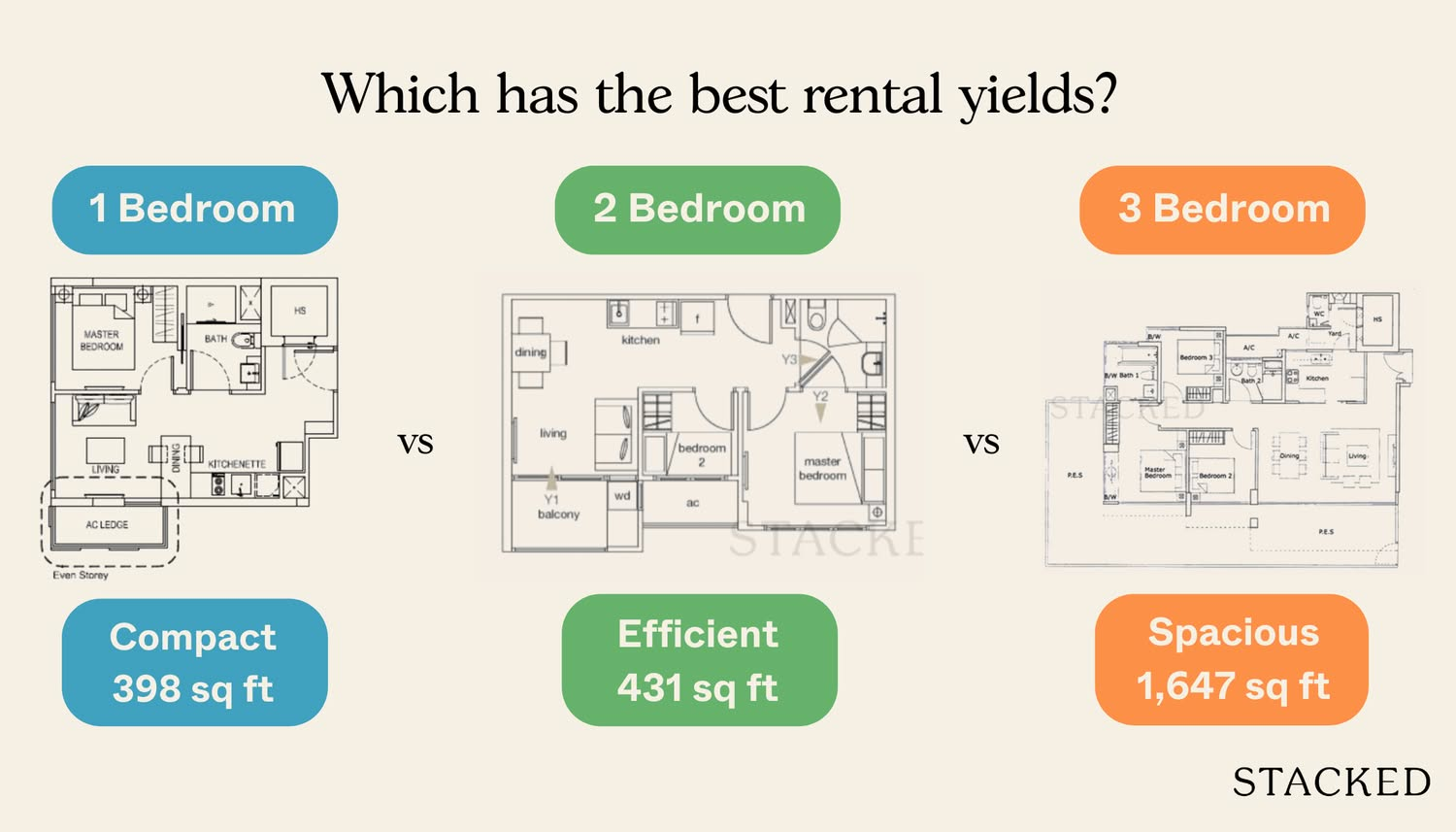
Rental Market Is Singapore’s Rental Market Really Softening? We Break Down The 2024 Numbers By Unit Size
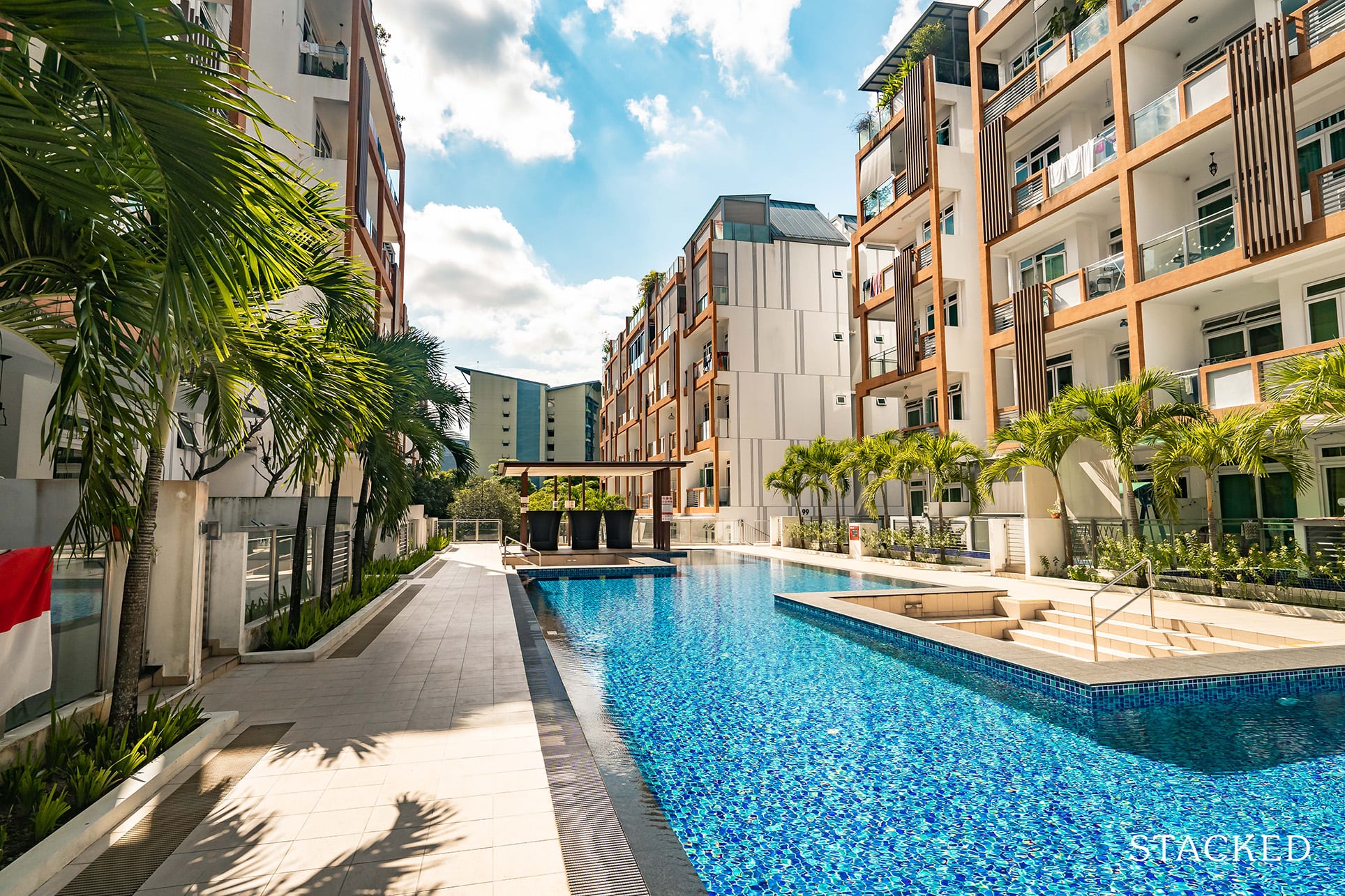
Editor's Pick The Cheapest Condos For Rent In 2024: Where To Find 1/2 Bedders For Rent From $1,700 Per Month
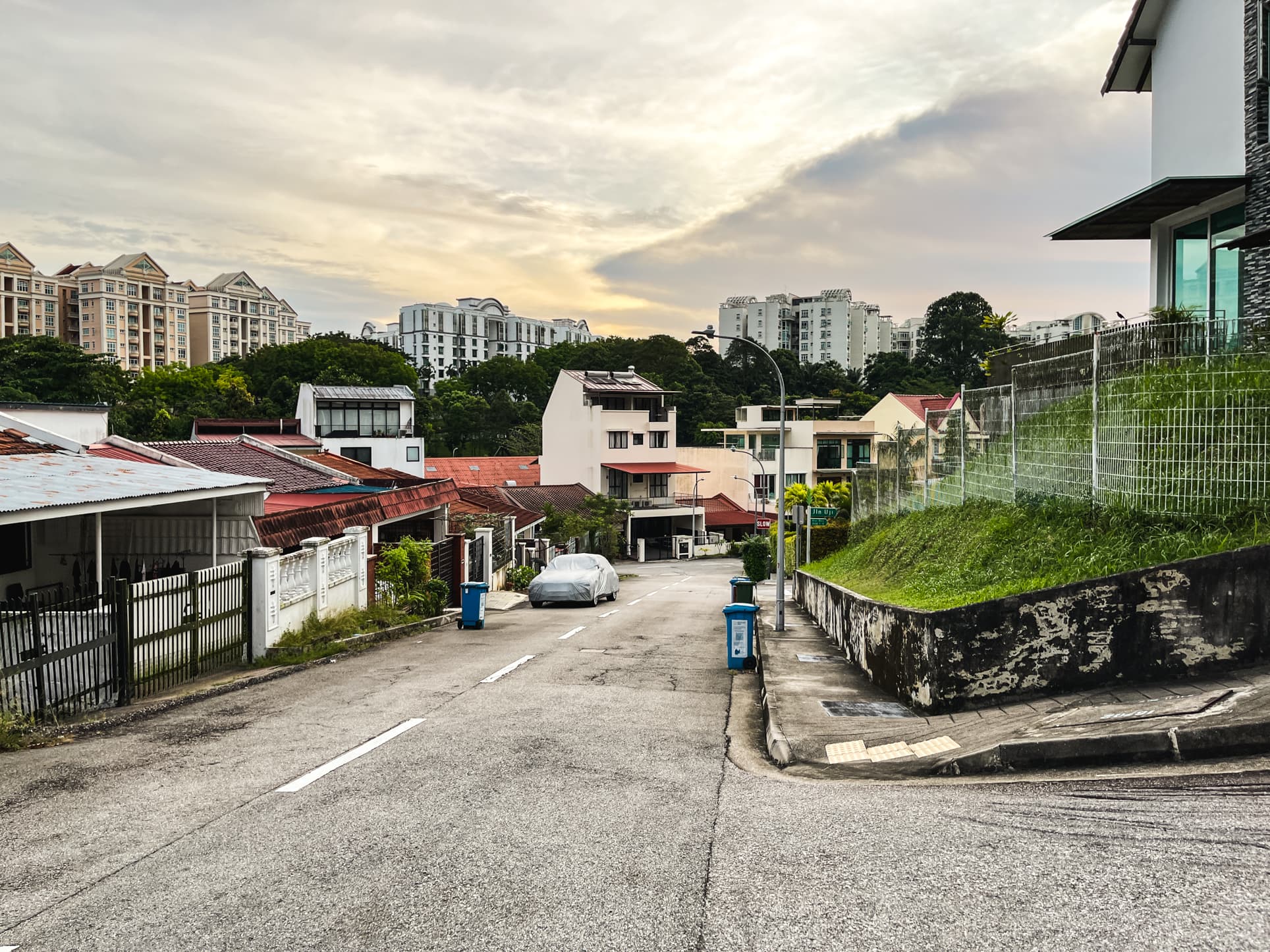
Rental Market Where To Find The Cheapest Landed Homes To Rent In 2024 (From $3,000 Per Month)
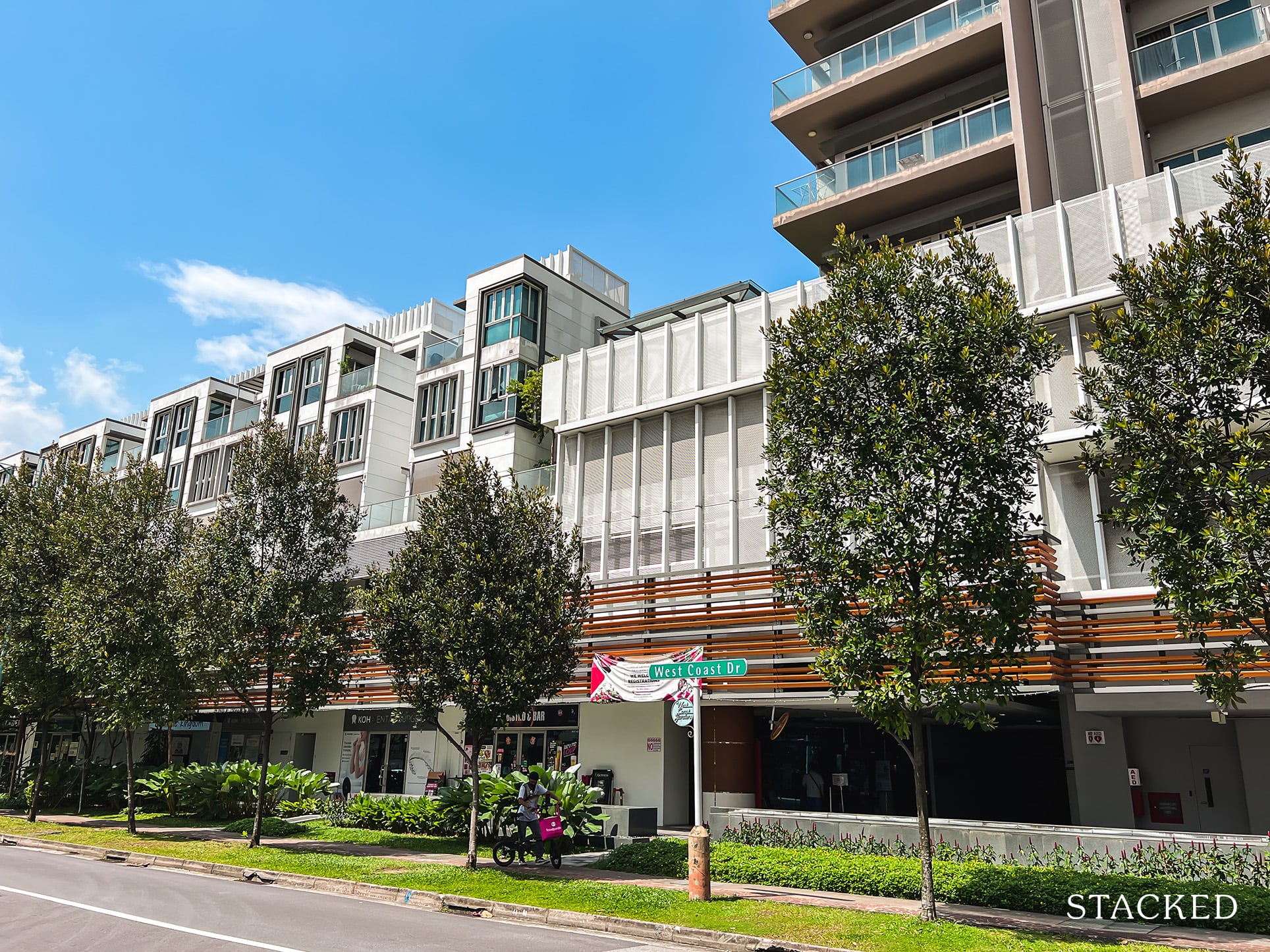
Rental Market Where To Find High Rental Yield Condos From 5.3% (In Actual Condos And Not Apartments)
Latest Posts
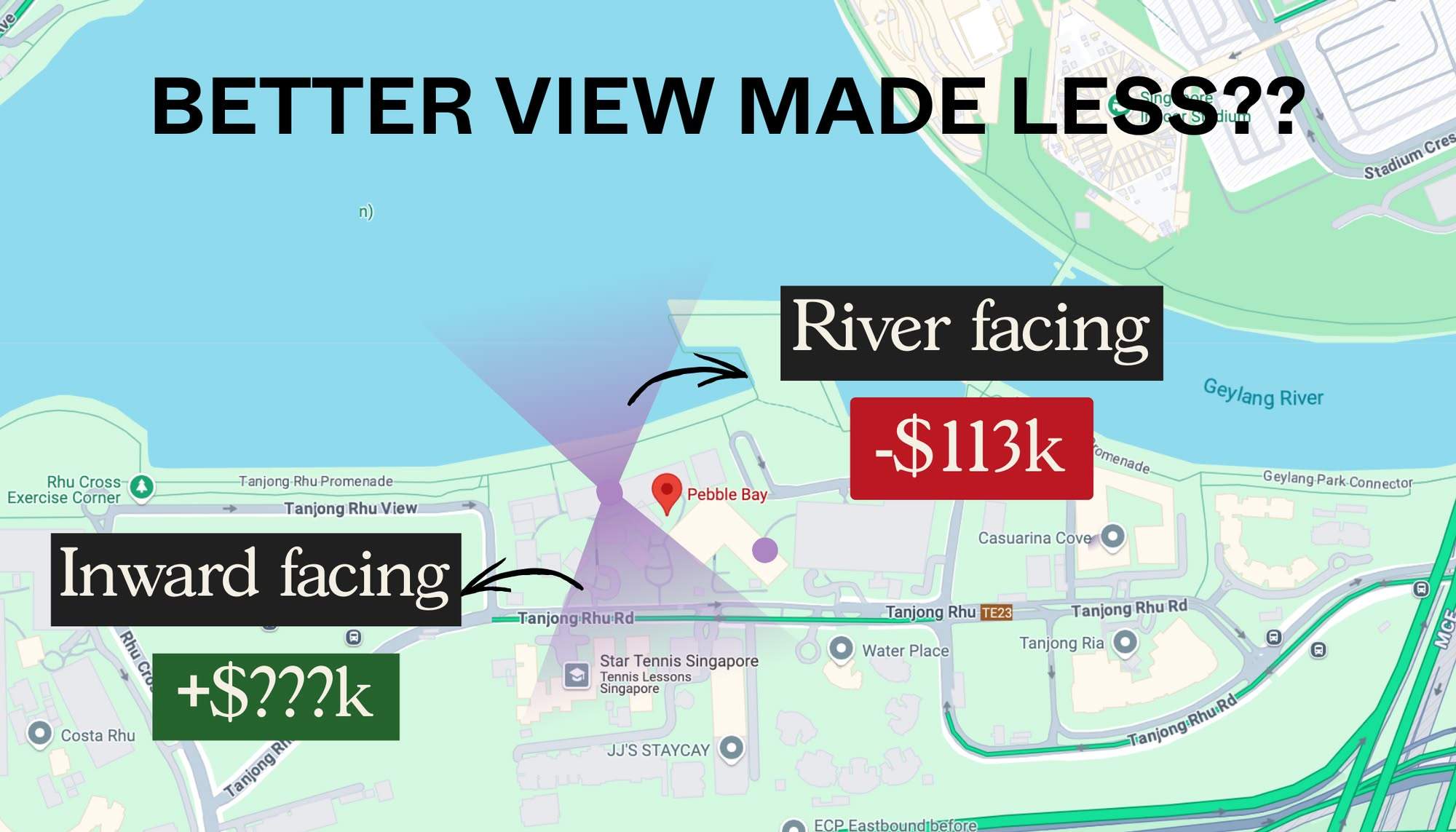
Pro How Different Condo Views Affect Returns In Singapore: A 25-Year Study Of Pebble Bay
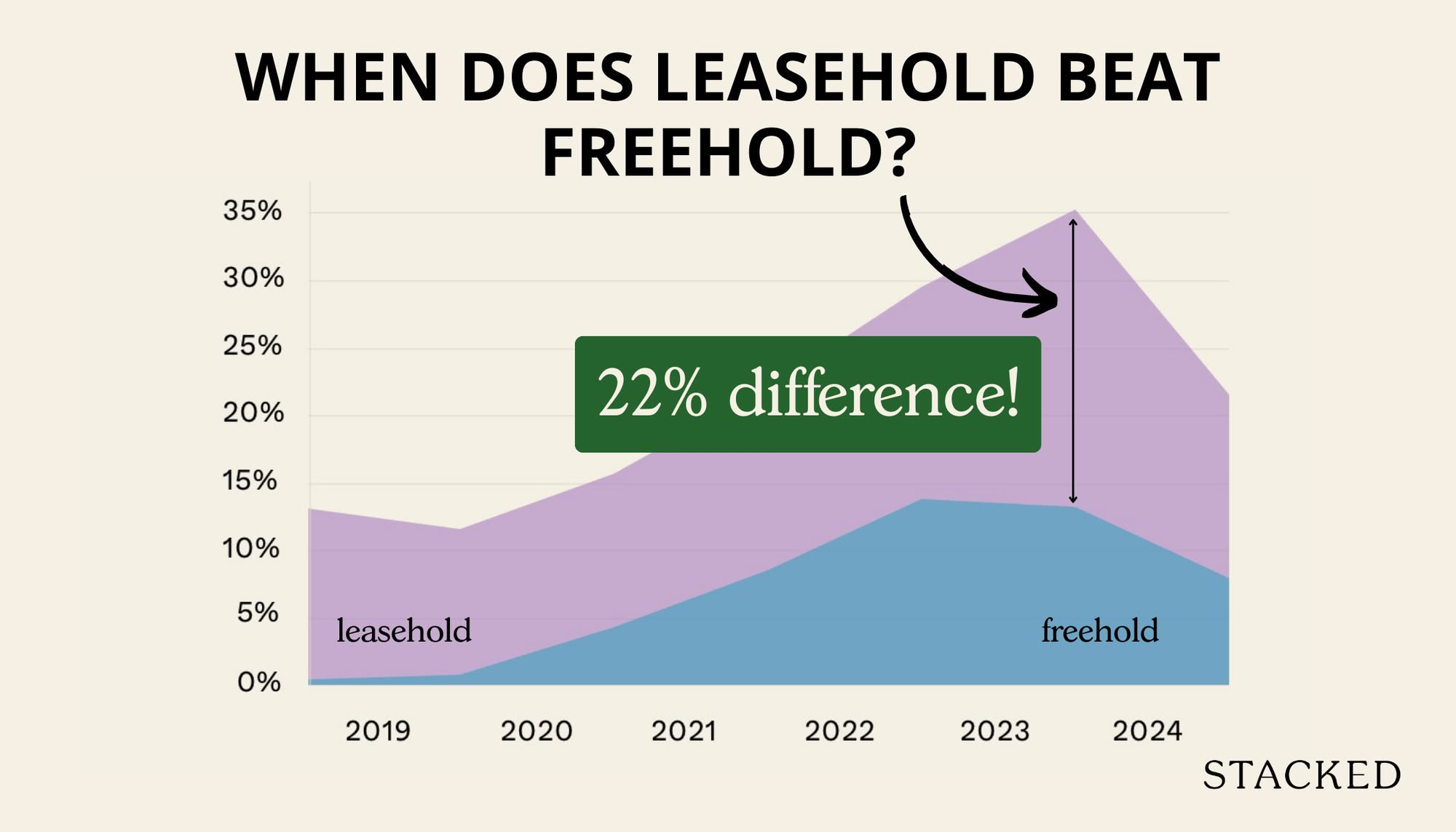
Pro Can Leasehold Condos Deliver Better Returns Than Freehold? A 10-Year Data Study Says Yes

Home Tours Inside A Minimalist’s Tiny Loft With A Stunning City View

On The Market 5 Most Affordable Newly MOP 4-Room HDB Flats From $585k
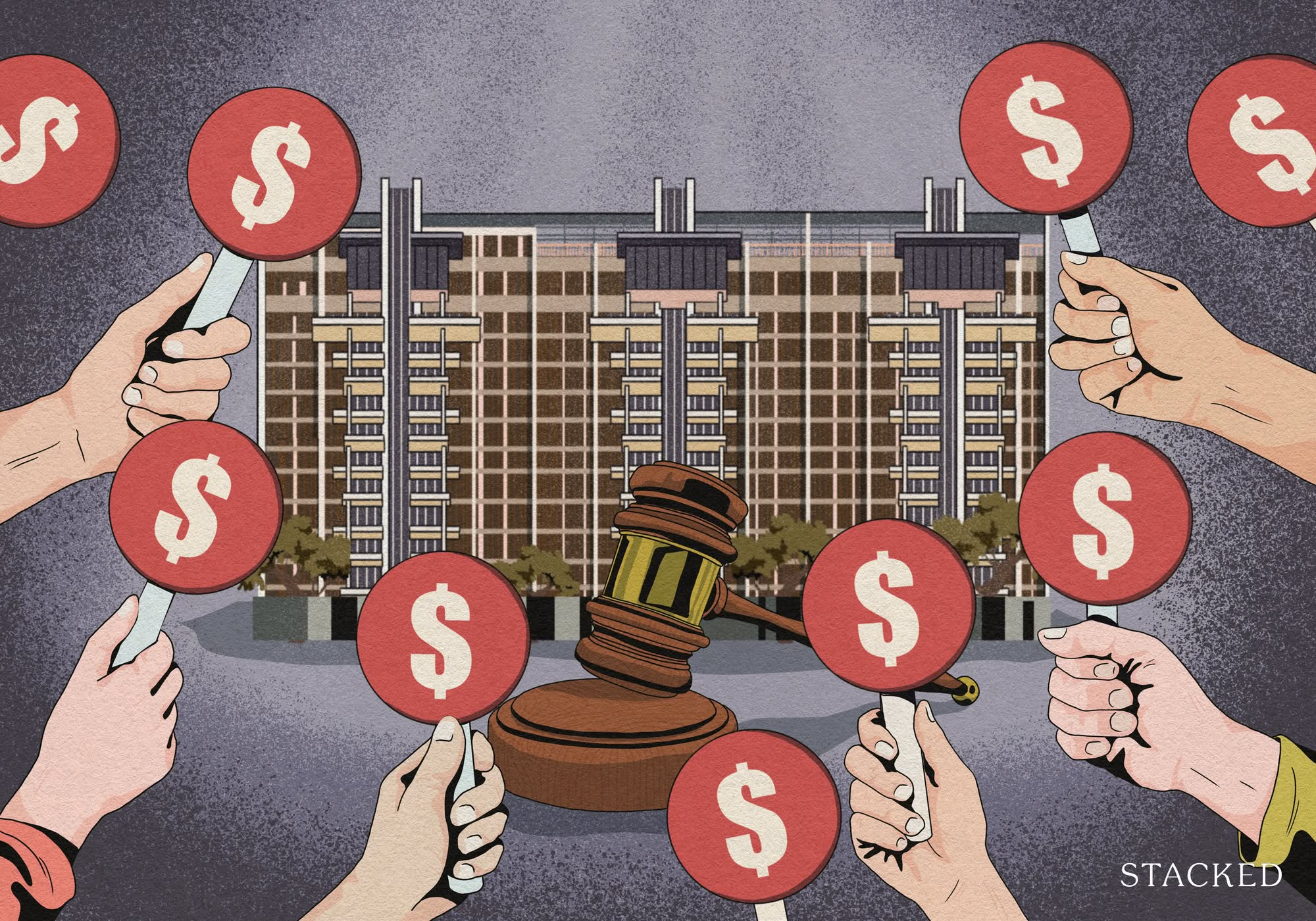
Property Market Commentary Distressed Property Sales Are Up In Singapore In 2025: But Don’t Expect Bargain Prices
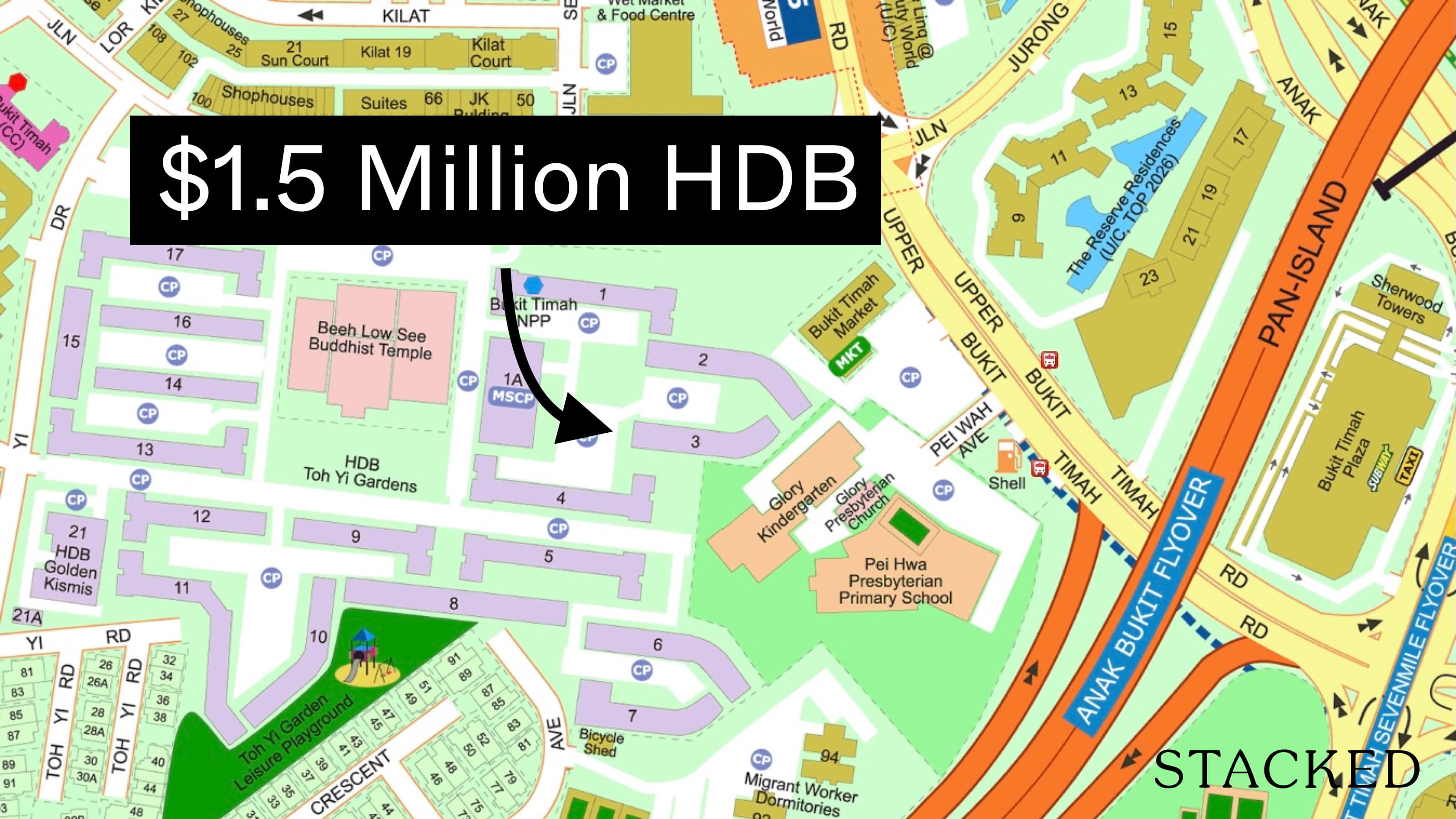
Singapore Property News This $1.5M Bukit Timah Executive HDB Flat With 62-Years Lease Left Just Set A Record: Here’s Why
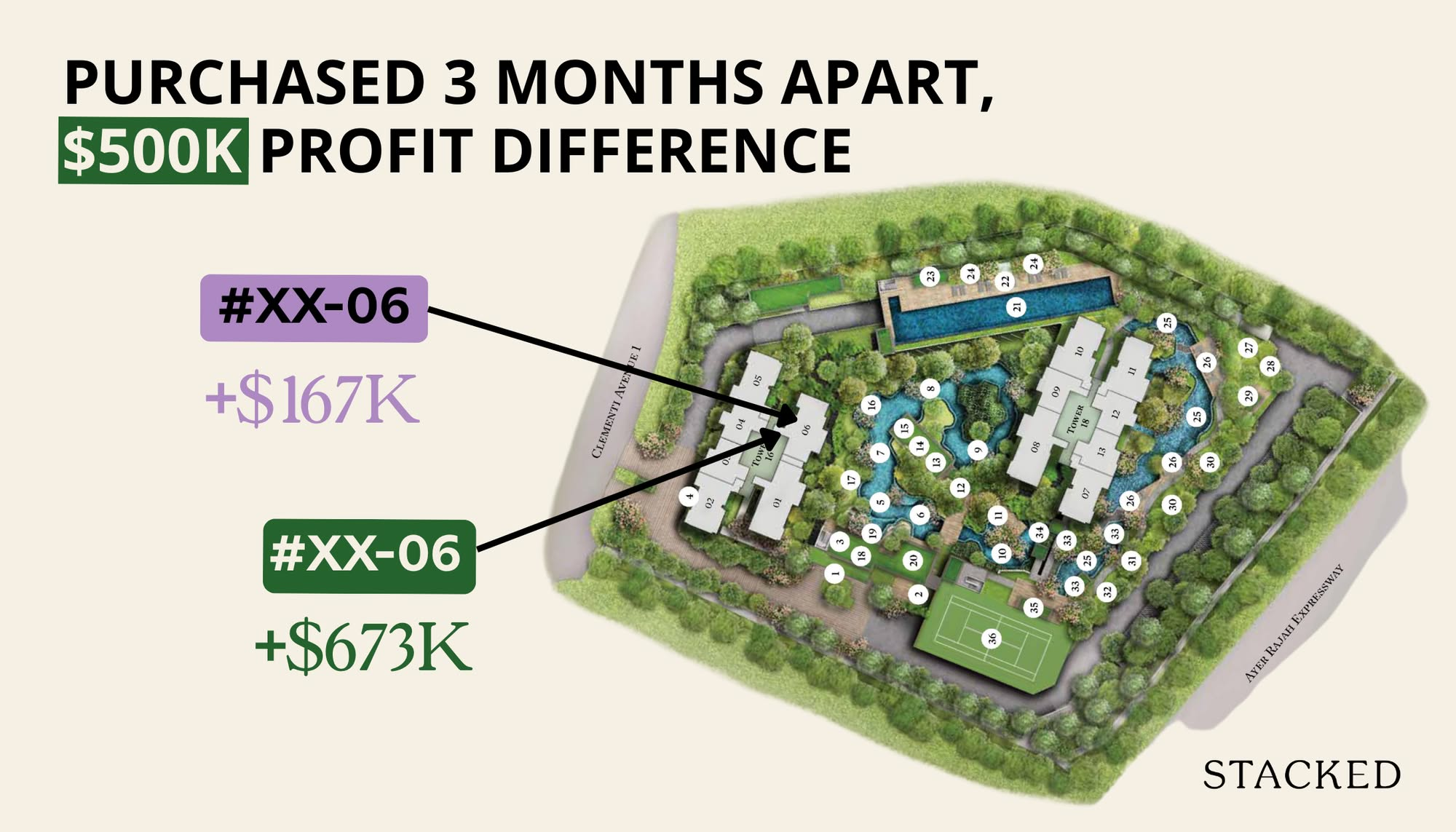
Editor's Pick How A Clement Canopy Condo Buyer Made $700K More Than Their Neighbours: A Data Breakdown On Timing

Editor's Pick Where To Find The Cheapest 2 Bedroom Resale Units In Central Singapore (From $1.2m)

Property Picks 19 Cheaper New Launch Condos Priced At $1.5m Or Less. Here’s Where To Look
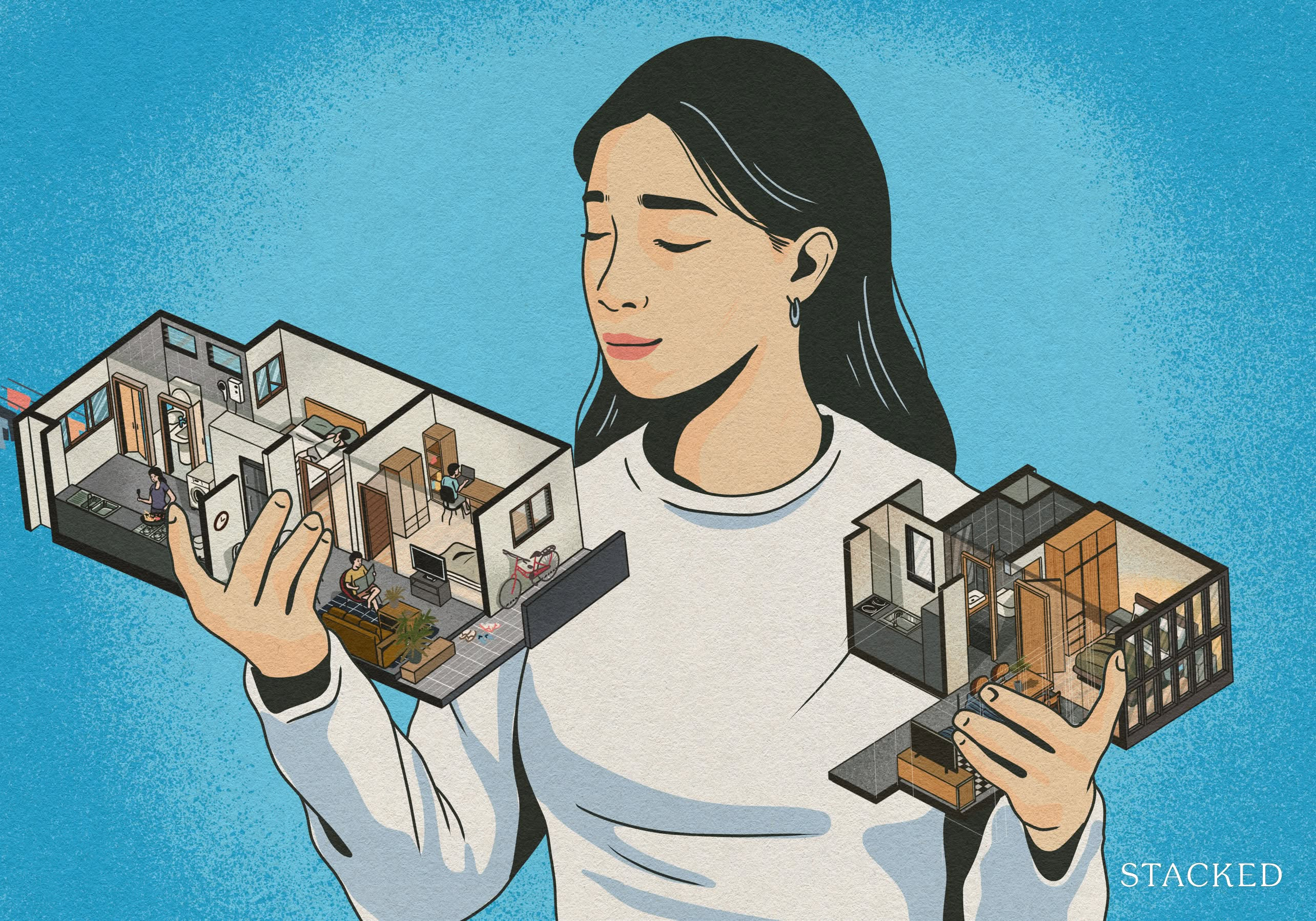
Property Advice The Ultimate Work From Home Homebuyer Checklist (That Most People Still Overlook)
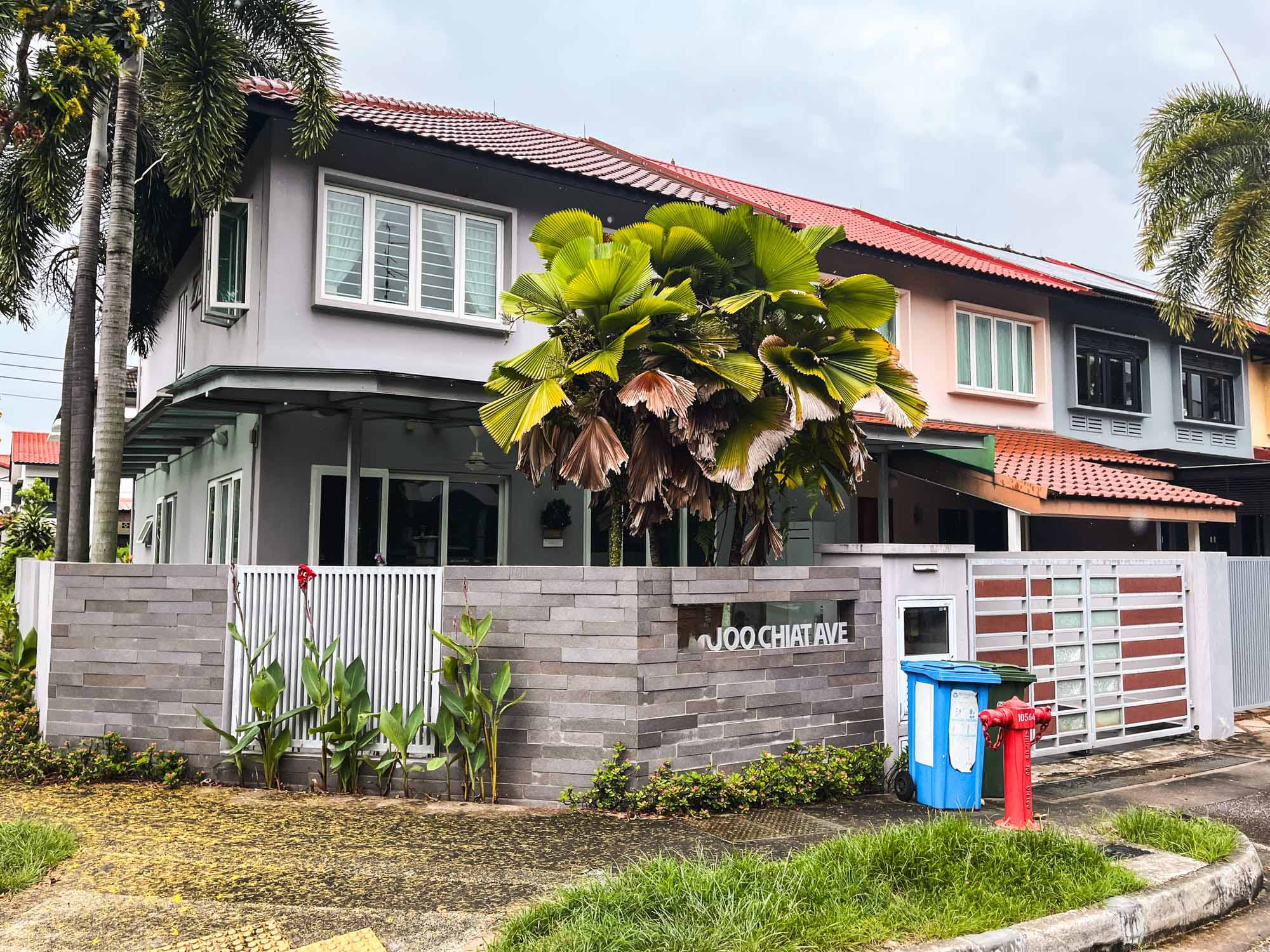
Editor's Pick These $4m Freehold Landed Homes In Joo Chiat Have A 1.4 Plot Ratio: What Buyers Should Know
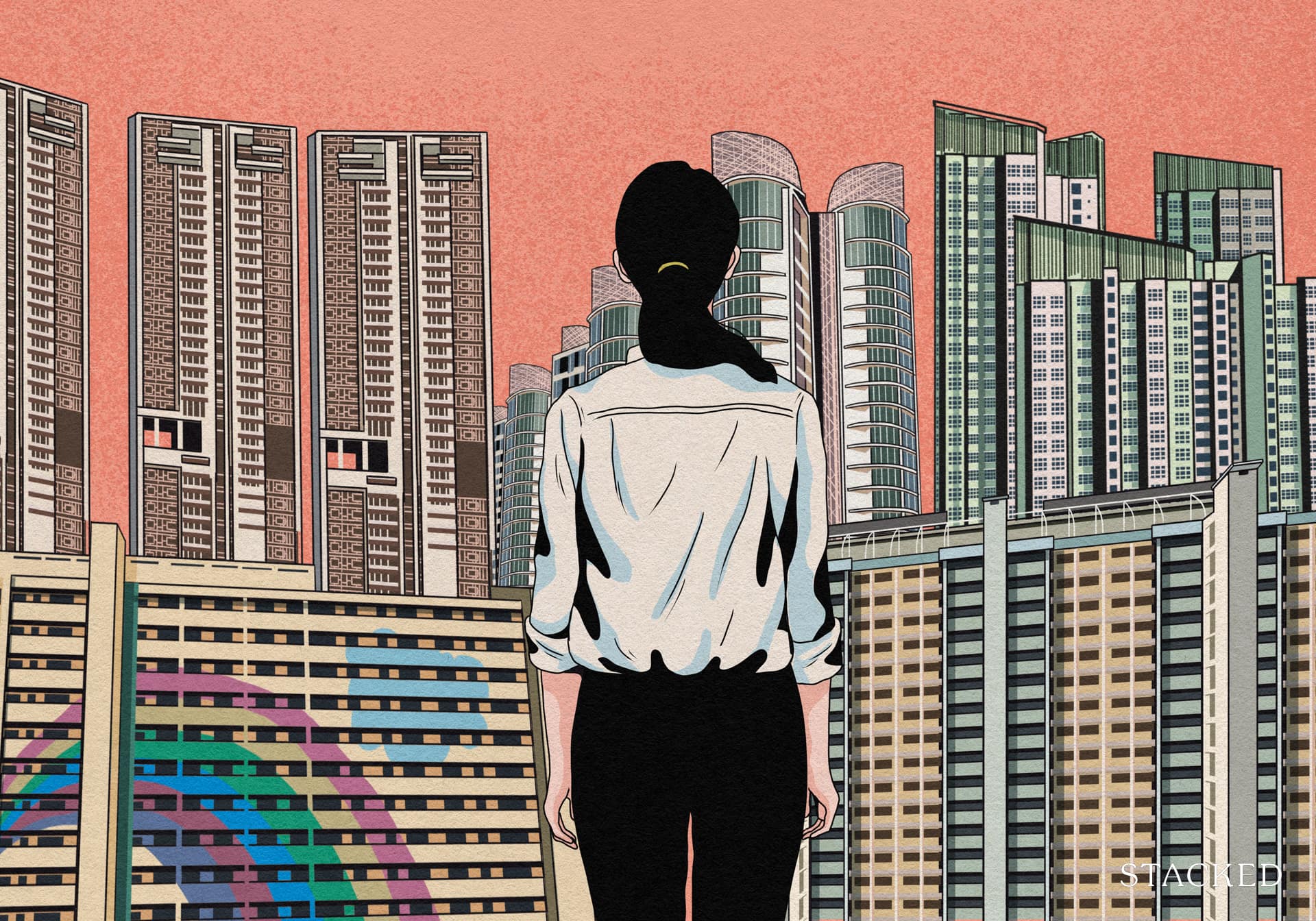
Editor's Pick Now That GE2025 Is Over, Let’s Talk About The Housing Proposals That Didn’t Get Enough Scrutiny
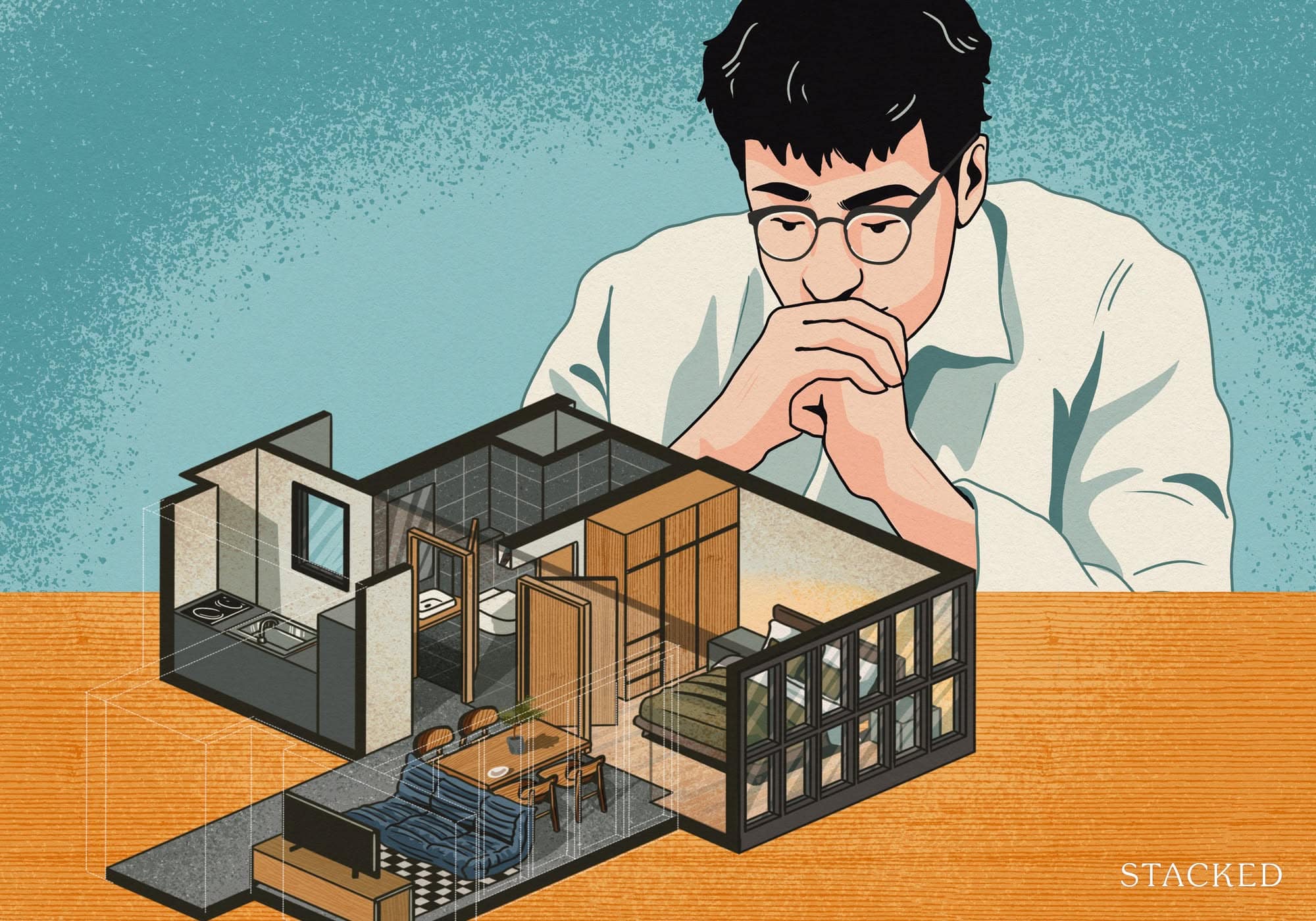
Property Advice When ‘Bad’ Property Traits Can Be A Bargain For Homebuyers In Singapore

Property Picks Here’s Where You Can Find The Biggest Two-Bedder Condos Under $1.8 Million In 2025
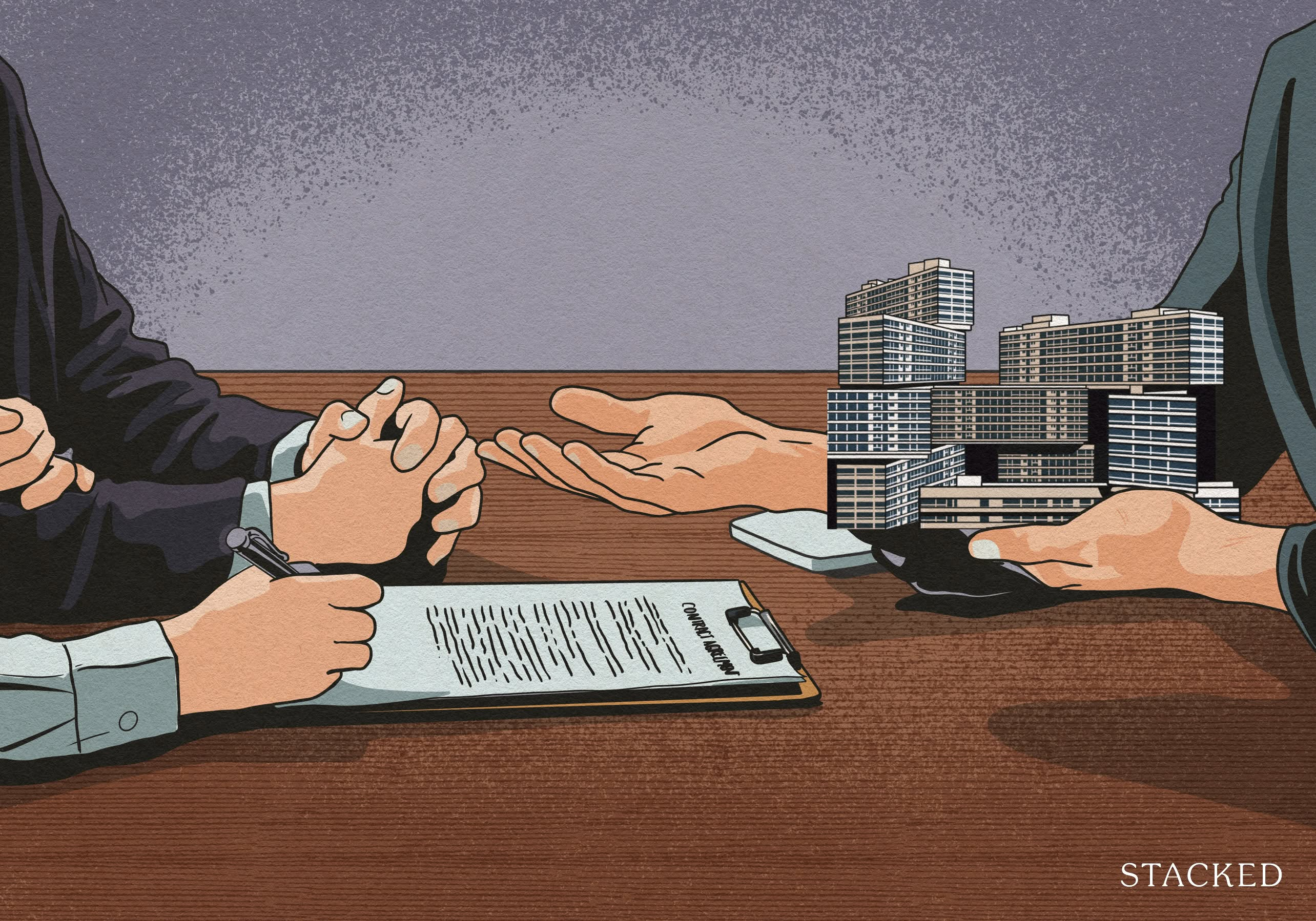
Property Market Commentary Why Do Property Agents Always Recommend New Launch Condos? Is It Really About The Money?



